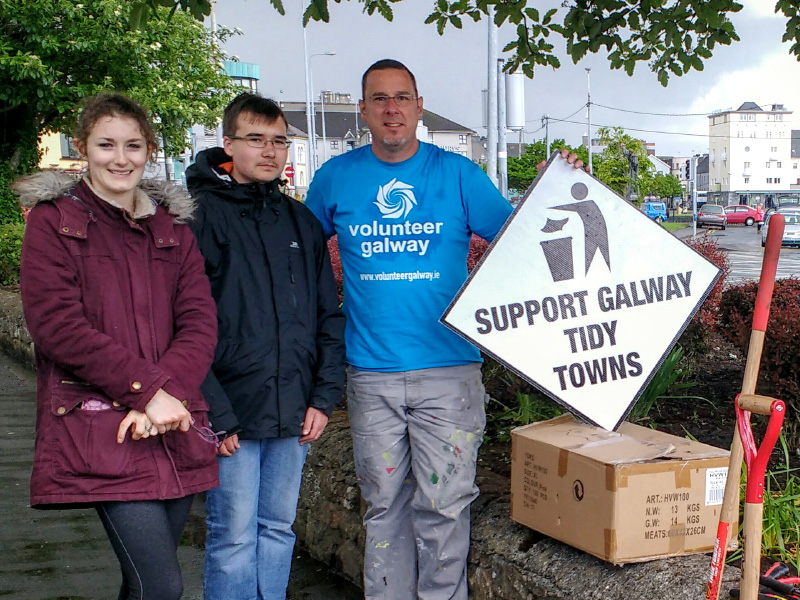Whilst volunteering can be the habit of a life-time, the opportunity is there at any age. For many it has provided the chance to try something completely new.
Taking part in your community can lead to a better understanding of your own abilities, some you never even knew you had! There are probably many more things to interest you than you had imagined possible. Not only in the areas of caring and companionship, practical support, information and advice services, transport, administration and fundraising but animal welfare, heritage and conservation.
Volunteering is the gift of time. Nevertheless it’s important not to feel over stretched. The help you give should certainly not prevent you from pursuing any hobbies, or your family and social life.
As a volunteer you have responsibilities but you also have rights.
Your rights as a volunteer
The assets you bring to an agency are considerable. As a volunteer you have the right:
- To be treated as a co-worker, not just free help.
- To a suitable assignment – with consideration for personal preference, temperament, life experience, education and employment background.
- To know as much about the organisation as possible – its policies, people and programmes.
- To training for the job and continuing education on the job-including training for greater responsibility.
- To a role description.
- To a place to work – a designated place that is conducive to work and worthy of the job to be done.
- To new opportunities and a variety of experiences – through advancement or transfer, or through special assignment.
- To be heard – to feel free to make suggestions, to have a part in planning.
- To recognition – in the form of promotion and awards, through day to day expressions of appreciation and by being treated as a bona fide co-worker.
- To sound guidance and direction.
Your responsibilities as a volunteer
There are responsibilities of a volunteer that accompany your rights as a volunteer. All of those involved in the relationship must have respect for one another and a desire to cooperate in meeting designated needs. Your responsibilities include:
- If you have criticism about another person, convey it to your supervisor.
- Be prompt and reliable in reporting for scheduled work. Keep accurate records of your hours worked.
- Notify your supervisor as early as possible if you are unable to work as scheduled.
- Attend orientation and training sessions scheduled.
- Be considerate, respect the ability of the staff, and work as a member of the team.
- Carry out assignments in good spirit and seek the assistance of your supervisor in any situation requiring special guidance.
- Accept the right of the agency to dismiss any volunteer for poor performance, including poor attendance.
- Decline work that is not acceptable to you; maintain an open mind with regard to other people’s standards and values.
- Communicate personal limitations – acceptable out-of-pocket costs, transportation needs, time constraints, etc.
- Provide feedback, suggestions, and recommendations to your supervisor and staff if these might increase the effectiveness of the program.
- Give written notice if you cannot continue in your volunteer position or if you are requesting a leave of absence from the program.
- Have the ability to work with a culturally diverse population of clients.
- Respect current agency policies (i.e. Affirmative Action, Sexual Harassment, etc.)
